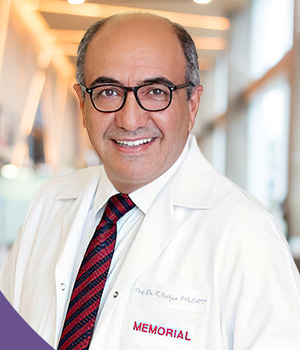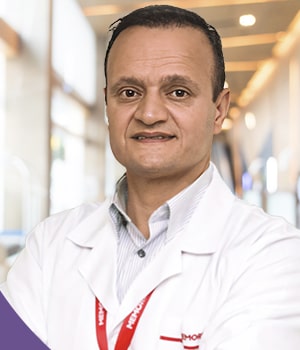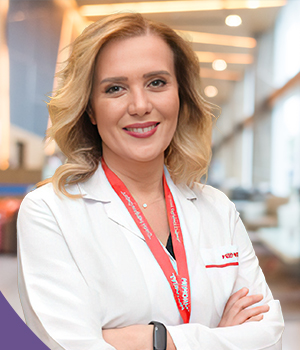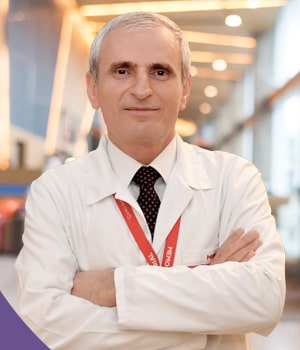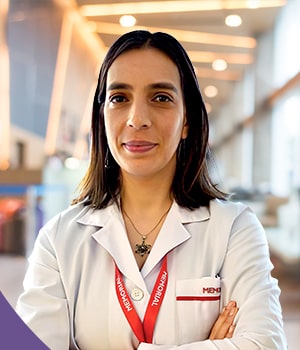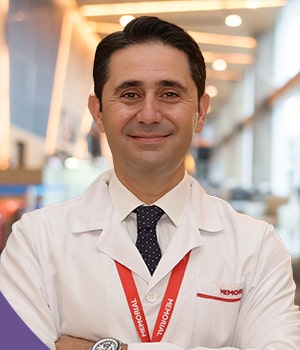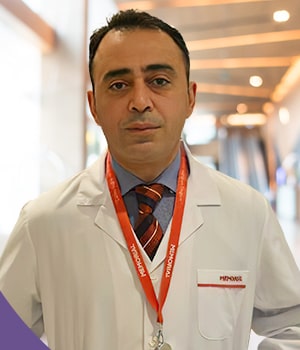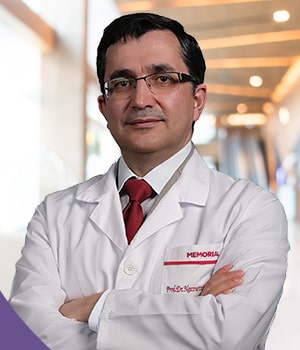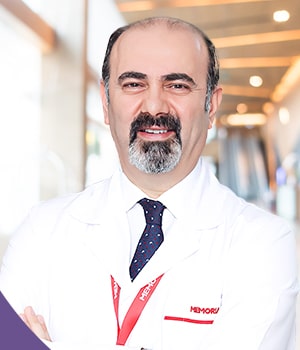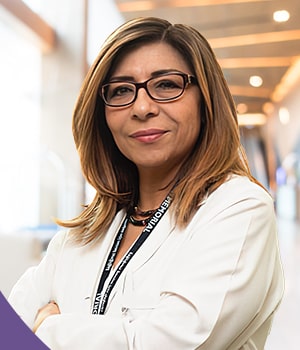"Because your health is precious..."
In Bulgaria, Memorial Hospital became famous years ago for its high success rate in in vitro procedures. However, the group's medical facilities have excellent specialists in other medical fields who can be useful to people interested in diagnosis or treatment abroad. We at Medical Carragee know these specialists and are ready to assist with information on the best doctors and clinics, depending on your health problem, as well as making quick contact with the hospital, getting a quote for treatment and making travel arrangements.
Before contacting us, you can familiarize yourself with general information about Memorial Hospitals:
CERTIFICATES
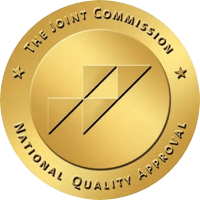
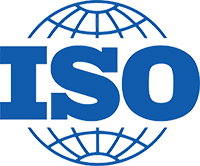


Memorial Health Group
Founded in February 2000 with the goal of introducing new practices to healthcare, Memorial Hospital Group is distinguished by first-class physicians and a patient-centered approach. Memorial earns trust with expert medical teams, state-of-the-art diagnostic and treatment equipment, quality services and patient amenities.
Memorial is the first hospital in Turkey and the 21st in the world to be accredited with the Joint Commission International (JCI) Certificate of Quality.
With treatment facilities in Istanbul, Ankara, Kayseri, Antalya and Diyarbakir, Memorial Health Group is always by your side, in the interest of your health...
- World-class healthcare services provided by 11 hospitals, 4 medical centres and 6000 employees;
- 2 million patients and 70,000 operations per year;
- Centres of excellence in several key specialties - Orthopaedics; Cardiology; Neurosciences; Urology; Gynaecology; Haematology; Gastroenterology;
- International reference centers for In vitro fertilization with 7500 cycles per year;
- Internationally renowned transplant centres performing 250 liver, 360 kidney and over 150 bone marrow transplants per year;
- Over 40,000 international patients from 92 countries annually.
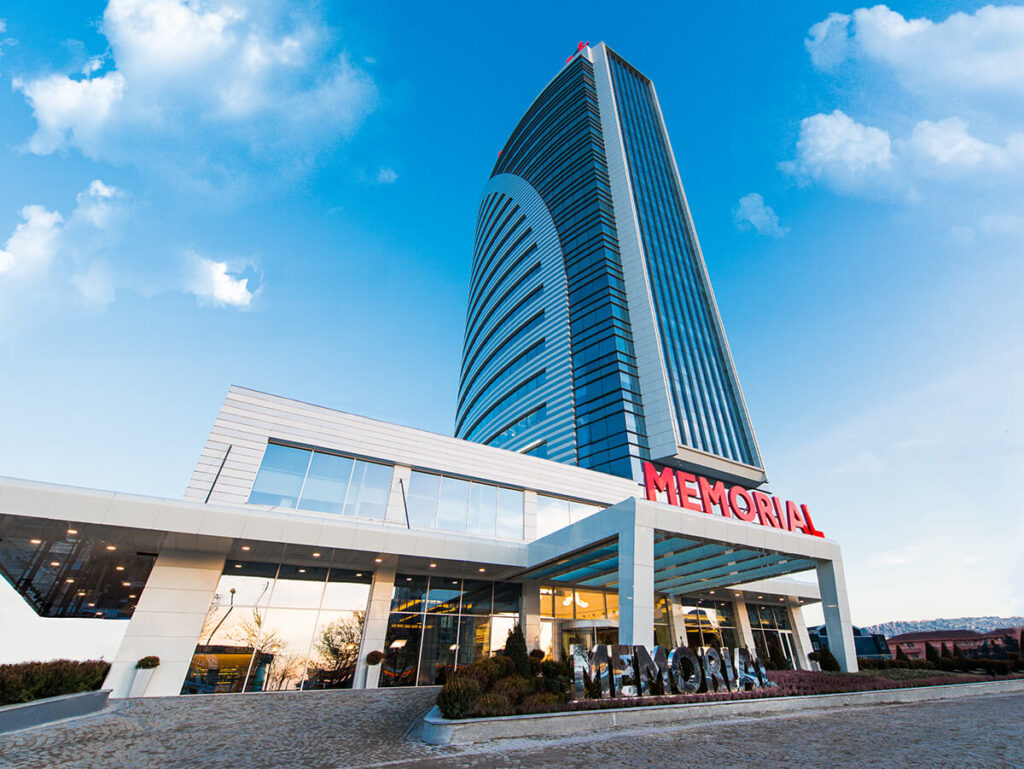


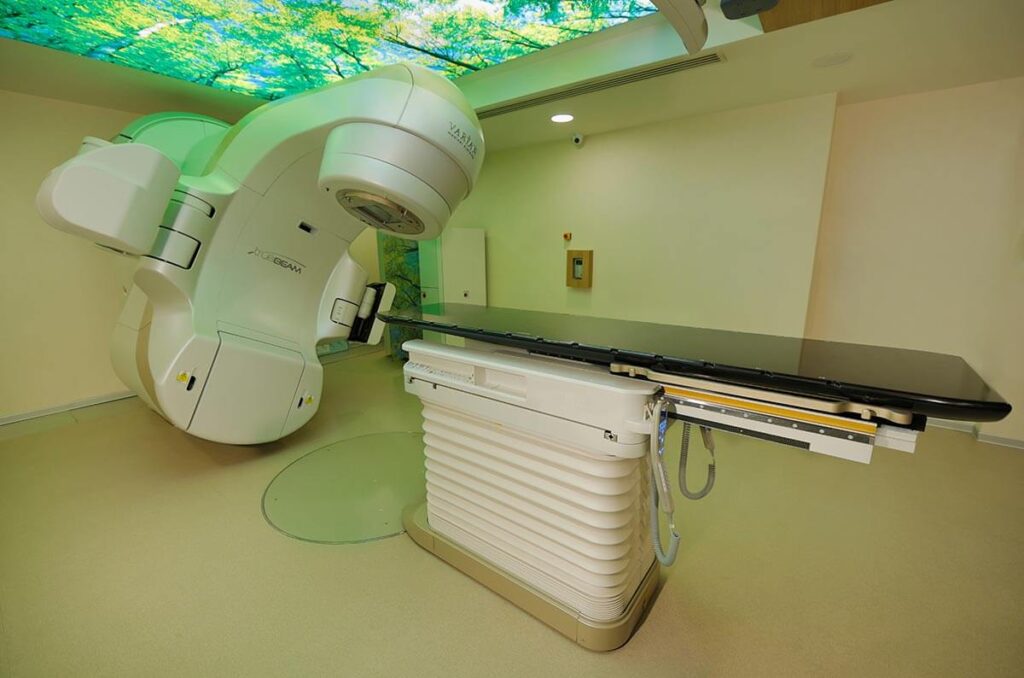
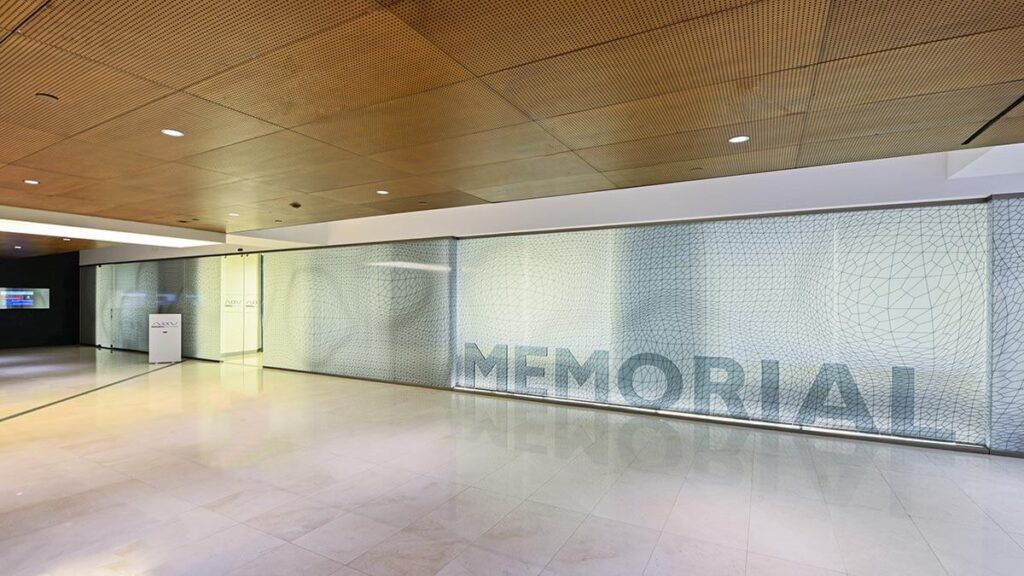

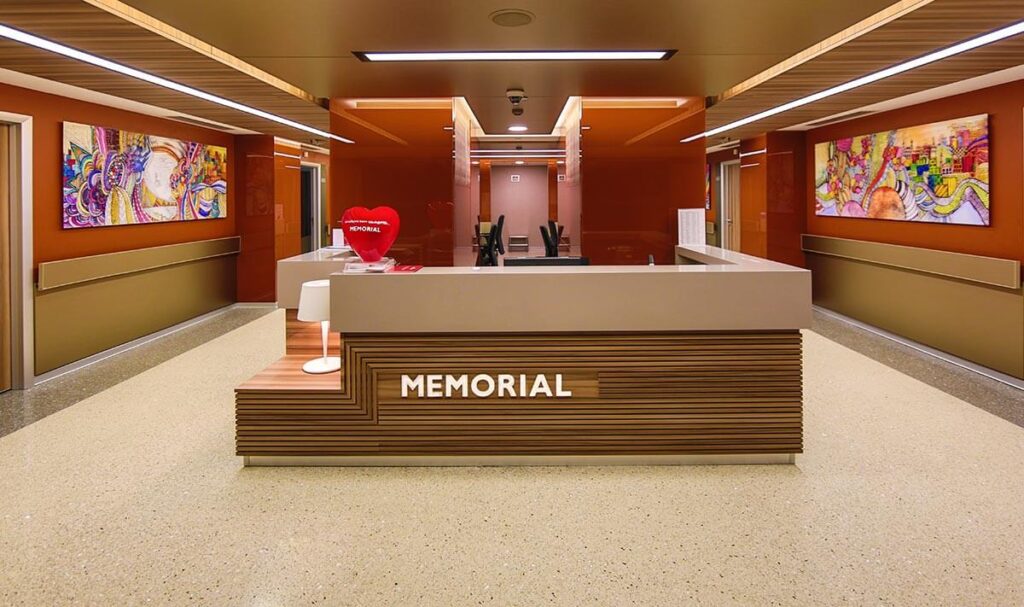

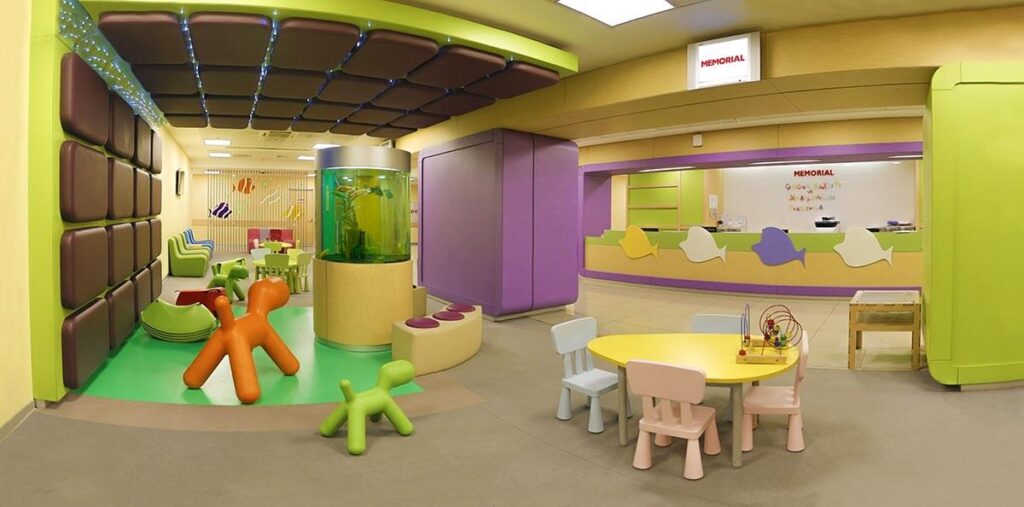

Memorial Hospital Group is among the leaders in innovation:
- The first private hospital licensed by the Ministry of Health in Turkey in March 2004 for organ transplantation (liver and kidney) and related laboratory services;
- The first hospital to perform a successful pediatric liver transplant in the presence of blood incompatibility;
- The head of the IVF center, Prof. Dr. Semra Kahraman, has realized a pregnancy for the first time in Turkey by the method of IVF with microinjection (ICSI);
- Memorial Hospital in Antalya is the first and only IVF center in Turkey accredited by the American Embryology Association;
- The In Vitro Fertilization Laboratory at Memorial Shishli Hospital is the first private laboratory in Turkey and Asia to be accredited to the standards required by ISO 15189 and the 9th in Europe;
- The Tissue Typing and Immunology Laboratory at Memorial Hospital in Shishli is Turkey's first private laboratory accredited by the European Federation for Immunogenetics (EFI);
- The production of heart muscle cells from embryonic stem cells was first performed in 2004 at Memorial Hospital;
- The first hospital to introduce the AESOP surgical robotic arm used in coronary bypass surgery in Turkey;
- The first private hospital to perform sutureless corneal transplantation and artificial cornea transplantation with keratoprostheses.
In vitro at Memorial Hospital
The Center for Reproductive Medicine at Memorial Hospitals is a preferred destination for families from around the world who are unable to have a baby naturally. The most important factor for success is to accurately assess each couple's condition, then carefully and precisely plan the most appropriate treatment for each case. At Memorial we seek help for couples where:
- The woman is up to 35 years old and fails to conceive a child after 1 year of trying;
- The woman was over 35 years of age and no planned pregnancy had occurred within six months;
- The woman has menstrual cycle disorders;
- Previous pregnancies have ended in miscarriages;
- There are children born with malformations;
- One of the spouses suffers from hereditary chromosomal diseases (haemophilia, Down syndrome, etc.)
Every year, about 4,000 couples, many of them from abroad, undergo IVF procedures at the IVF centre. The main reason for the centre's international reputation lies in its high success rates. For example, in young couples of childbearing age, clinical pregnancy is achieved in about 65% of cases. In couples where the woman is over 40 years of age or have many previous failed attempts, the success rate is around 25%. In both cases the results are above the global average.
Memorial Hospitals received the Best Fertility Treatment Centre 2015 award from the Medical Travel Awards in London for its success in the field of reproductive medicine.
At the head of the team at the In Vitro Fertilization Center in Memorial is prof. Semra Kahraman, a world-renowned physician and President of the International Association for Preimplantation Genetic Diagnosis (PGDIS). She leads a team of over 70 specialists equipped with the latest technology in this field. As a result of their work, over 30,000 babies have been born in 24 years.
With the help of experienced professionals and modern technology, it is possible to achieve a result in almost all cases of problem pregnancy. It is also possible to have an embryo made up of 4-8 cells carefully examined before implantation into the uterus using pre-implantation genetic diagnosis (PGD) methods to rule out the risk of genetic abnormalities and conditions such as thalassaemia or haemophilia.
Organ transplantation at Memorial
Memorial Health Group's Organ Transplant Centers are the world's reference centers for liver and kidney transplantation. Here, kidney and liver transplants are performed with 99% and 93.5% success rates, respectively.
Organ transplantation is a complex operation that requires advanced surgical technology and equipment. For this reason, to perform such operations, the hospital must meet high international standards and have experienced teams at every step of the process.
Kidney transplant saves lives
Kidney transplantation is the most effective treatment for patients with chronic kidney failure. Kidney transplantation saves patients with kidney failure from undergoing dialysis and significantly improves their quality of life. In fact, a successful kidney transplant saves lives. While the 5-year prognosis for kidney transplant patients is 90%, it is about 40% for dialysis patients. That is, kidney transplantation prolongs the life of these patients by 2.5 to 3 times.
Kidney donation surgery no longer causes fear
Despite all the efforts worldwide, the number of transplants performed with organs from brain-dead people is not enough. Therefore, transplants from living donors who donate an organ to save the life of a loved one are becoming more common. The "gold standard" in this field is the surgical removal of the kidney by closed (laparoscopic) method, with regard to the health and comfort of the living donors after the operation. In this method, the kidney is removed through small holes made in the patient's abdomen instead of making a large surgical incision.
Laparoscopic nephrectomy from a living donor is performed through two 0.5-1 cm holes in the patient's abdomen, and after the operation is completed, the kidney is removed through a 6 cm incision made in the patient's groin. In this way, patients experience less pain compared to open nephrectomy, have a shorter hospital stay, and return to their normal lifestyle and work activities more quickly. In addition, this surgery minimises the adverse side effects of the incision made in the body during open nephrectomy.
With this surgical technique, there are almost no unwanted side effects at the operated site, such as herniation, numbness, wound infection, and air buildup in the lungs, which are more likely with open surgeries. The same evening after surgery, donors start walking, drinking water, and can eat and bathe the next morning. After this surgery, patients leave the hospital the very next day.
"Hybrid method" in cross kidney transplantation
Cross-transplants are a chance for patients who have a donor but are not compatible. In the past, a cross-transplant was only done for couples with blood incompatibility. But thanks to the developed technology nowadays, this issue is now seen from a different perspective. A patient's immune card can show whether or not his blood contains so-called antibodies that attack the donor's tissues.
For example, if a woman wants to donate her kidney to her husband, but tests show that there are antibodies to that kidney in his blood, the likelihood that the transplant will fail is 100%. Transplantation can also be performed in these people by administering treatment with certain medications to lower the antibody levels. But if these antibodies are above the specified level, the transplant will again fail or after a certain time the body may still reject the kidney.
This is why the hybrid method is applied. Two compatible pairs are selected and crossed with each other, bringing the antibody levels in the blood to the point of guaranteed cure. When the antibody levels become completely safe for surgical intervention, the transplant is performed successfully. Kidney transplants that are performed using a hybrid method on compatible patients are less immune risky and more successful.
Transplants in children require precision
Kidney failure in children is caused by severe urinary tract infections, bladder reflux, kidney stones, and by renal dysfunction, while bile duct disease and various inherited diseases can lead to liver failure.
Surgical techniques of kidney and liver transplantation in young children (between 0-5 years) differ from those in adults. In addition, they require greater precision because of the small volume of childhood anatomy and thinner blood vessels.
Liver transplantation in childhood
The most common cause of liver transplantation in children is congenital gallbladder disease. The first sign of this disease is jaundice, which is difficult to cure. Even if diagnosed in the first three months after birth and time is saved by performing another operation without requiring a liver transplant, a majority of these children are likely to develop cirrhosis of the liver. In addition, inborn metabolic diseases manifesting as jaundice, pruritus, bloating, stunted growth and development can also lead to cirrhosis.
Due to the shortage of donated organs from cadaveric donors, these patients may be transplanted with a small portion of the mother's or father's liver. For this purpose, the donor with the appropriate blood group is selected and a detailed examination of both the child and the donor is carried out. After the operation, the donor is not expected to have any serious problems as the liver needed for the child is in small quantity and the organ has the natural ability to regenerate.


